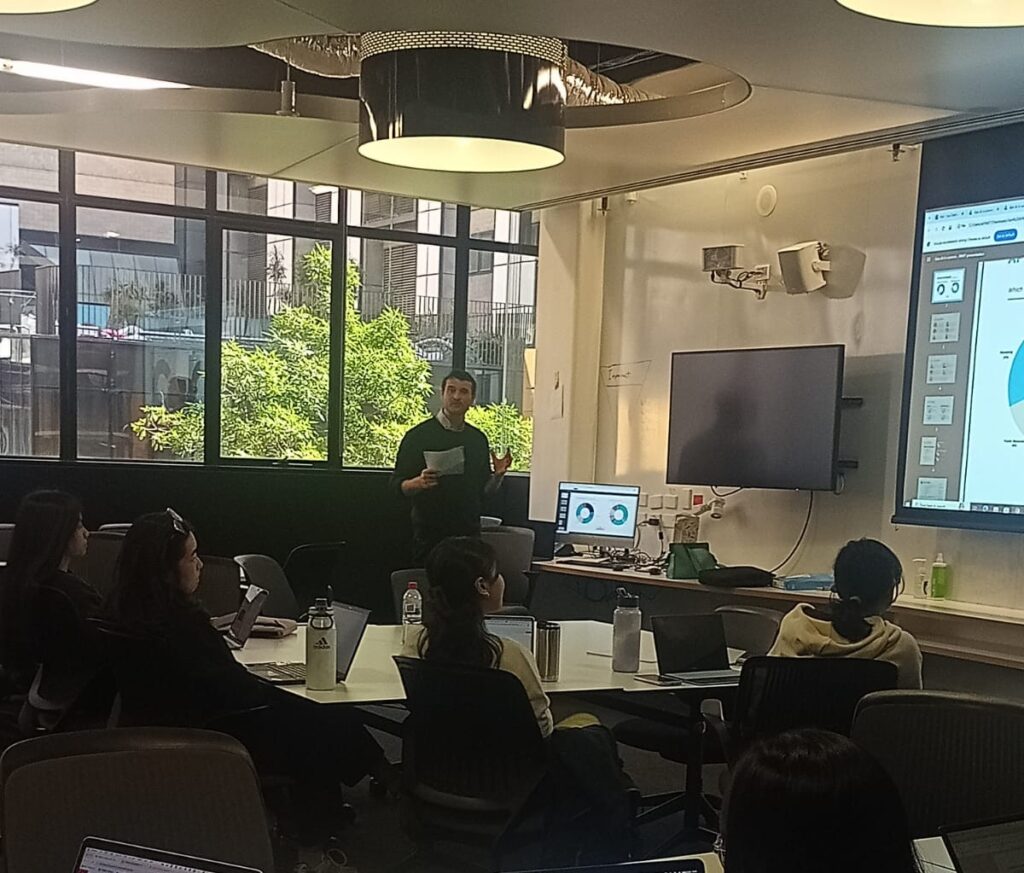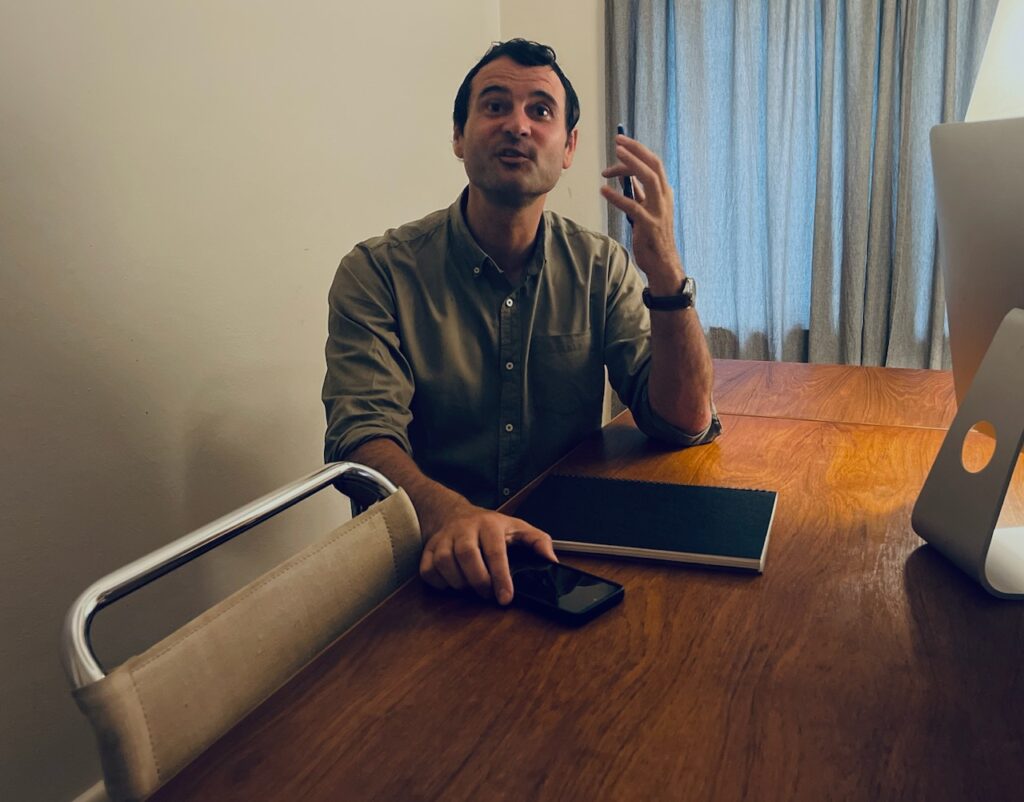About
AI Search Visibility through Editorial & Behavioural Insight
At Media Collateral, we operate at the fast-evolving intersection of human communication and machine understanding. The rise of generative AI and sophisticated search algorithms demands a new approach to digital visibility – one that moves beyond outdated SEO tactics to build genuine, lasting authority.
Our unique approach delivers research-driven content and digital search strategies meticulously designed to drive visibility and establish your brand as a primary source in the new AI-search landscape. As generic AI content proliferates, both audiences and search engines are prioritising original insights, deep research, and demonstrable expertise. We partner with forward-thinking brands to transform their inherent industry experience into agenda-setting content that defines, distinguishes, and elevates them in the digital marketplace.


Meet Our Founder:
Andrew Tomison
Andrew Tomison (formerly Thompson) leads Media Collateral with a unique blend of journalistic rigour, research depth, behavioral science and hands-on AI expertise.
His work has been featured in The Guardian UK, Australian Financial Review, Tech in Asia, ABC News, The Australian, The Sydney Morning Herald and NPR, and he has delivered strategic communications and research projects across Europe, the US, East Africa, and Asia Pacific for organisations, including Australia’s Department of Foreign Affairs and Trade (DFAT), RMIT University, Tetra Tech, the Burnet Institute, Actis and Centum Investments.
As an AI trainer, Andrew brings direct insight into the evolving capabilities of generative AI systems like ChatGPT – knowledge he channels into every client strategy. Currently completing a Master of Behavioural Economics at UTS, he combines a nuanced understanding of human behaviour with deep digital and content expertise.
This unique mix of global experience, research acumen, and AI practice inspired Andrew to found Media Collateral.
AI Search: Frequently Asked Questions
What is AI search, and how is it different from traditional SEO?
AI search uses advanced language models and entity recognition to understand user intent and context, not just keywords. Unlike traditional SEO, which focuses on ranking for specific phrases, AI search rewards brands that demonstrate expertise, authority, and trustworthiness across topics and entities.
How can my business become more visible in AI-powered search results?
Focus on creating original, evidence-based E-E-A-T content. Architect your site for AI understanding and use schema markup to define your services and expertise, and signal relevant entities to AI-powered search engines. Earning citations from trusted sources and adopting GEO strategies will position your business as a credible source in AI answer engines like Google’s incoming AI Mode, and ChatGPT, AI Overviews, and Perplexity.
What is Generative Engine Optimisation (GEO)?
GEO is the next evolution of SEO, optimising your digital presence for generative AI platforms like ChatGPT, Google Gemini, and Perplexity. It involves creating content and digital assets that AI can easily interpret, cite, and recommend in zero-click search environments.
Why is entity optimisation important for my brand?
Entity optimisation ensures that AI search engines recognise your business, expertise, and content as distinct, authoritative “things” in their knowledge graphs. This increases your chances of being surfaced and cited in AI-generated answers.
How do I know if my content meets E-E-A-T standards?
High E-E-A-T content demonstrates real Experience, Expertise, Authority, and Trustworthiness. This includes original research, expert commentary, transparent authorship, and citations from reputable sources-signals that both users and AI value.
How does Media Collateral help brands achieve results in the AI search era?
We help brands succeed through end-to-end AI search strategies, including entity-first web builds, GEO, E-E-A-T content, and Digital PR. This approach leads to results like improved visibility in AI/zero-click search, greater domain authority, and recognition as a trusted, cited source – moving beyond chasing clicks.